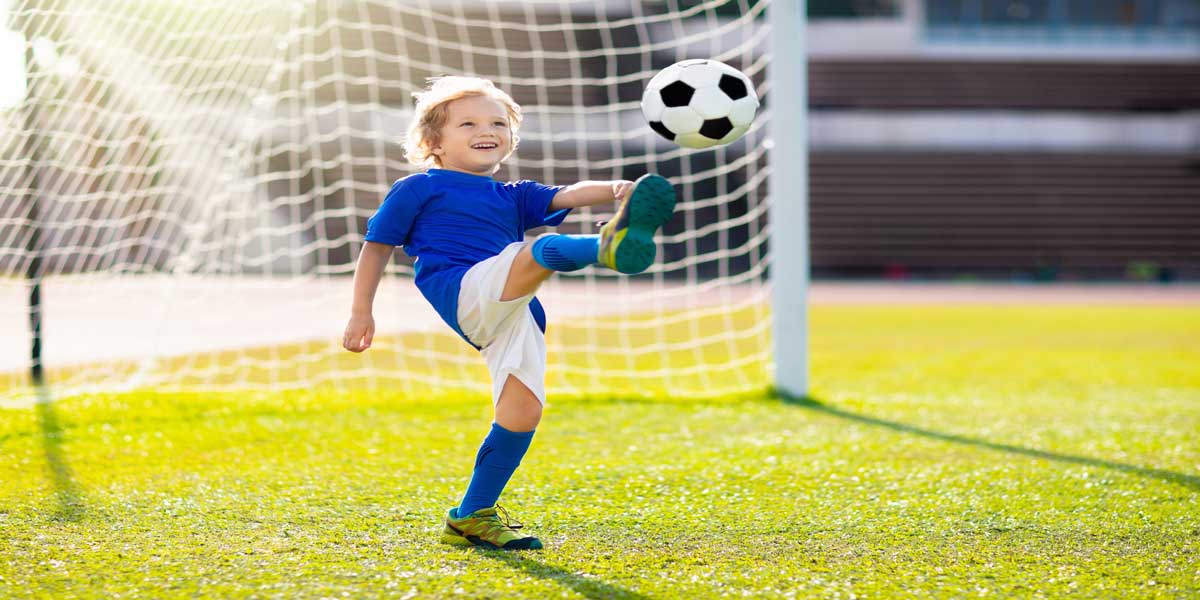How To Be Strong for Your Kids After a Divorce
Dealing with a divorce is hard enough, but when you have children, it can be even more difficult. You not only have to deal with your own pain and heartache, but you also have to be strong for your kids. They are probably going through a lot of emotions themselves, and they need you to be there for them. Here are some tips on how to be strong for your kids after a divorce:
Acknowledge their feelings
Your children might feel scared, confused, or even angry after a divorce. Acknowledge their feelings and let them know it is okay to feel that way. Let them express themselves and talk about their feelings. It might even be helpful to get them some counseling so they can talk to someone else about what they are going through.
Spend quality time with them
Make sure you spend some quality time with your kids every day. This can be tough if you are working full-time as well, but it is essential to carve out some time for just them. You can play games together, read together, or take them out for ice cream. Just let them know that you love them and are there for them.
Don’t badmouth the other parent
Do not badmouth the other parent in front of your kids. Even if you are angry with them, try to stay positive when you are around your kids. They need to have a good relationship with both parents, and if you say negative things about the other parent, it will only make things harder for them.
Be consistent with discipline
Divorce can be chaotic for kids, so you need to try and keep some sense of normalcy in their lives. One way to do this is by being consistent with discipline. If there are rules in the house, ensure everyone follows them. This will help your kids feel safe and secure during this time of change.
Don’t forget to take care of yourself
As aforementioned, dealing with divorce can be tough, and while you might be trying to be strong for your kids, remember to take care of yourself too. Make sure you are taking time for yourself and doing things that make you happy. Whether it’s reading, doing jigsaw puzzles or playing games at Sloto, find what relaxes you and takes your mind off the stress of divorce. You cannot be strong for your kids if you’re not taking care of yourself first.
Seek out support
We all need a shoulder to lean on from time to time, and this is especially true after a divorce. Seek support from friends and family members who can help you through this tough time. You can also join a support group for people who are going through a divorce. This can be a great way to meet other people who understand what you are going through and can offer advice too. Talking about your feelings can help you deal with them better.
Sometimes, you do not even have to speak; having a loved one close to you makes all the difference.
Don’t rush into a new relationship
It might be tempting to jump into a new relationship after a divorce, but it is best to take things slow. You need time to heal emotionally before you start a new relationship. Plus, it is not fair to the person you are dating if you are not ready for a serious relationship.
Therefore, to be the best version of yourself, focusing on taking care of yourself first is important. Only then can you be ready to bring someone else into your life and love them wholeheartedly.
Give yourself time to grieve
Divorce is often a loss, and it takes time to grieve the loss of your marriage. Allow yourself the time and space to grieve the end of your marriage. Do not try to bottle up your feelings; they will only come out later in a more destructive way.
Avoid negative talk
After a divorce, it is easy to get caught up in negative talk. You might find yourself complaining about your ex or talking about all the ways your life is better now that you are divorced. But this kind of talk only brings you down and makes you feel worse. Instead, try to focus on the positive aspects of your life.
Be easy on yourself and your kids
Lastly, remember to be easy on yourself and your kids during this time. Divorce is hard for everyone involved, so be kind to yourself and your children. Things will get better with time, so try to focus on the positive aspects of your life and the love you have for your children.
Wrapping up
It is normal to feel overwhelmed after a divorce, but remember, your children depend on you. They need you to be strong for them during this difficult time. Remember, you cannot pour from an empty cup, so ensure you take care of yourself first.
Seek out support from friends and family members, and do not hesitate to join a support group. Avoid negative talk, and give yourself time to grieve the loss of your marriage. Be easy on yourself and your kids, and things will eventually get better.





